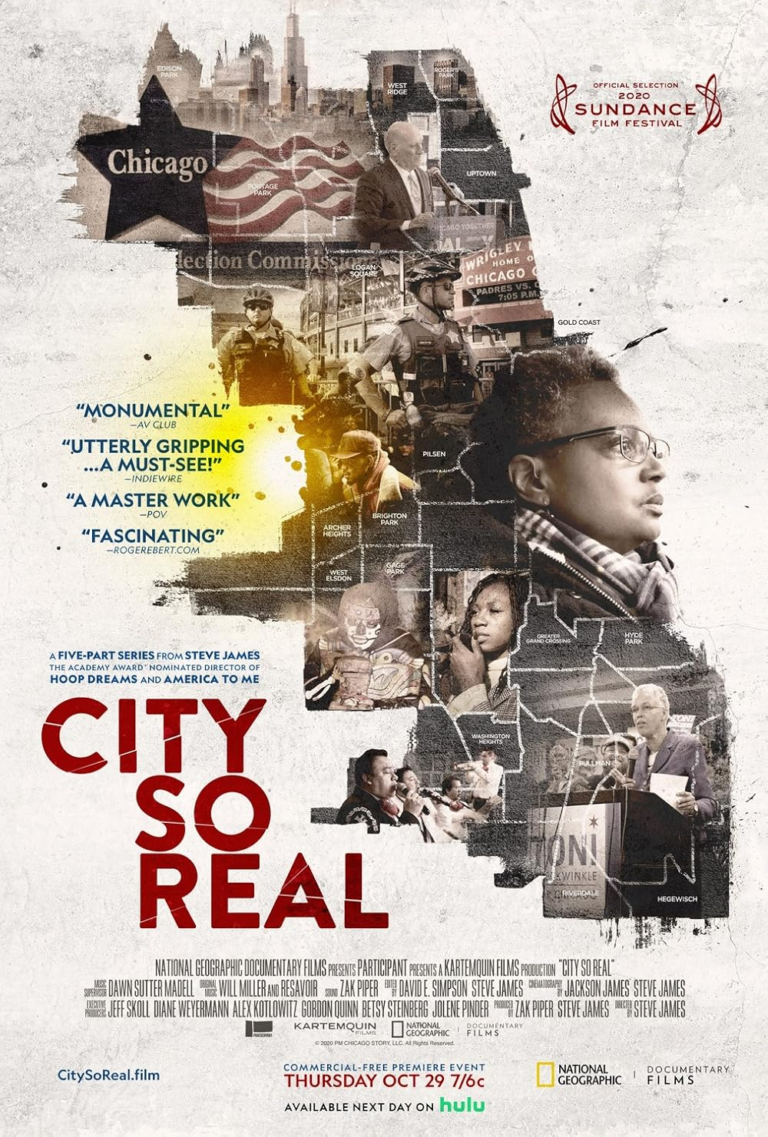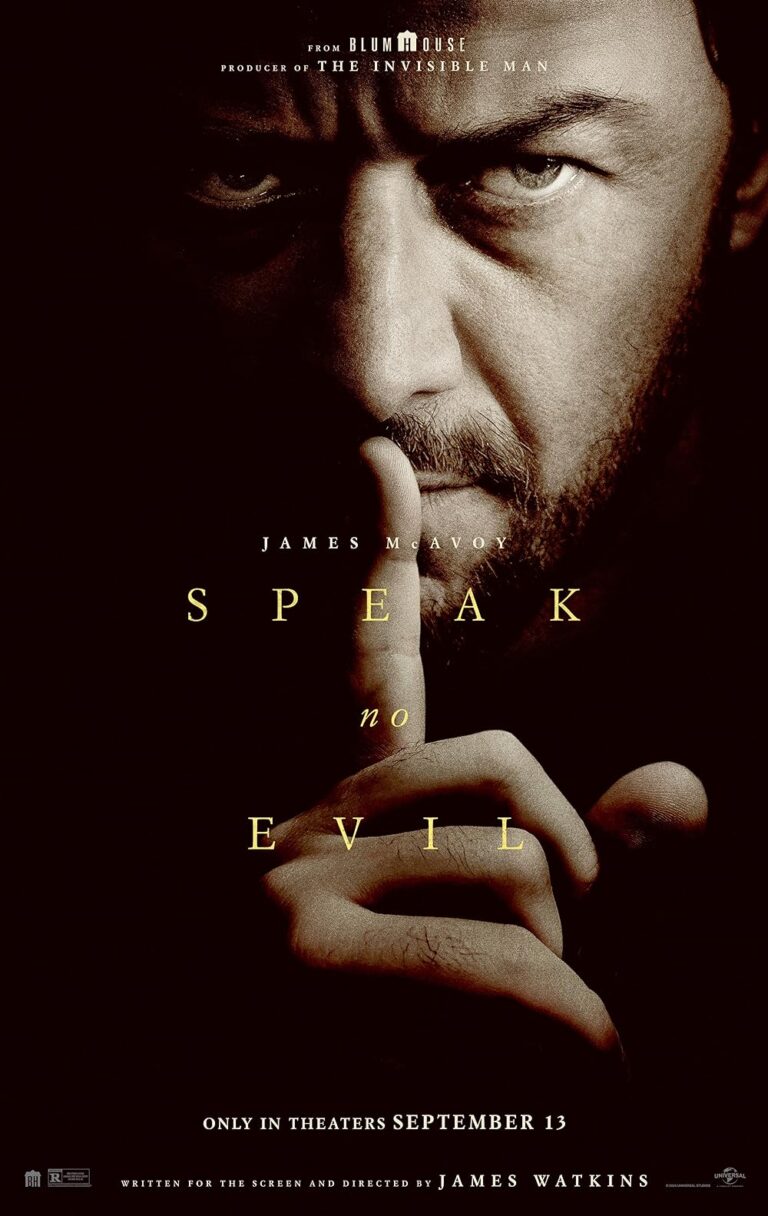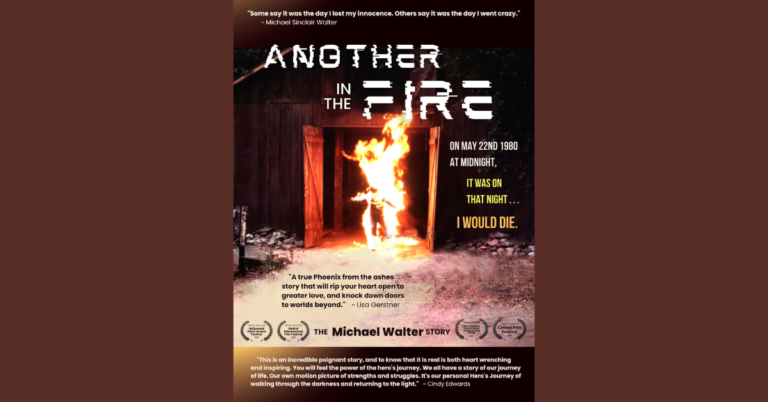Youth (Hard Times) Christian Review

Hard Times
Rating: 7.5/10
Introduction: A Story of Struggle Without a Hero
Hard Times, directed by Wang Bing, isn’t the kind of film you put on casually. At nearly four hours long, it’s not trying to make you comfortable or entertain you. Instead, it’s meant to make you sit with discomfort, feel every ounce of struggle that fills the lives of the factory workers on screen. There’s no sugar-coating here—just an unflinching lens on people working, sweating, sacrificing, and surviving. And it’s a lot to take in.
Unlike traditional documentaries, Hard Times doesn’t give us heroic narratives or triumphant stories. No, Wang Bing’s approach is raw, patient, and almost painfully realistic. It doesn’t build to an inspiring resolution. Instead, it invites viewers to witness and reflect, showing us a kind of reality we may otherwise ignore or simply be unaware of. This documentary can feel, at times, like a prayer vigil—a long, somber meditation on lives defined by struggle and survival.
The Style: Ground-Level Realism That Won’t Flinch
Wang Bing’s choice of vérité-style filmmaking feels intimate and urgent, capturing life as it happens with a sense of respect and restraint. There’s no added drama, no inserted commentary, just the faces and lives of people who seem exhausted, burdened by a system that never lets up. His camera isn’t flashy; it’s there to observe, to get close without interrupting. The way Wang stays uncomfortably close to the workers serves as a silent testament to their importance, as if he’s saying, “Look closely—they deserve it.”
At first, the film’s length and repetitive scenes can feel like a test of patience. The scenes play out slowly, often showing the same actions over and over, which can feel tiresome. But this repetition, this grueling rhythm, mirrors the lives of those on screen. They’re stuck in cycles of labor and exhaustion, and Wang’s unyielding approach forces us to experience, if only in a small way, what that feels like. For those who see this as mundane, Wang seems to be asking, “Isn’t that the point?”
The People: Silent Stories of Dignity and Survival
Hard Times is filled with faces—faces that speak volumes without saying much at all. You can see every wrinkle, every weary glance, each gesture that holds a lifetime of hardship. There are moments when workers don’t even seem aware of the camera, their focus set on the endless work before them. These individuals aren’t framed as heroes or villains; they’re simply people doing what they need to survive, caught in a system that won’t ease up for a moment.
From a Christian perspective, there’s a deep and subtle reminder here: every life holds dignity. Every individual, regardless of how overlooked or forgotten they may be, is precious. Wang’s refusal to look away from their struggles aligns with a faith-driven call to recognize and respect the value of each life, especially those often invisible to society. Here, the camera is like an act of witness, a way to say that these lives matter even if the world doesn’t acknowledge it.
The “Invisible” Forces: Capitalism and Consumption
One of the striking elements of Hard Times is how Wang avoids direct commentary on broader forces like capitalism, globalization, or mass consumption. But make no mistake; those influences are present, lurking just outside the frame. These workers live and toil in the shadows of an insatiable machine—a system built on fast fashion, cheap labor, and endless consumer demand. Although Wang never directly points a finger, his framing makes it clear: the weight on these workers’ shoulders isn’t just from the work itself, but from the broader system that demands more and more from them.
As American viewers, we’re invited to reflect on our own role in this. It’s easy to buy clothes without thinking of where they come from, of the people who labor tirelessly to make them. But Hard Times pulls back the curtain, quietly suggesting that we, too, are part of this cycle. This isn’t a documentary with easy answers or clear villains. Instead, it shows us a system that’s far-reaching, complex, and largely indifferent to the lives within it.
Christian Reflections: Dignity, Compassion, and Conviction
For a Christian audience, Hard Times raises moral and spiritual questions that are hard to ignore. Watching these workers struggle, we’re reminded of Christ’s words in Matthew 25:40: “Whatever you did for one of the least of these brothers and sisters of mine, you did for me.” This isn’t a feel-good message; it’s a call to action, a reminder that the suffering of others is not something to turn away from. These workers’ struggles aren’t just theirs alone; they’re a reflection of the broader call to compassion and justice in our own lives.
Hard Times also asks us to consider how we, as consumers, contribute to this suffering. Are we buying mindlessly, contributing to an industry that thrives on exploitation? Are we choosing convenience over compassion? These questions linger after the credits roll, challenging us to reexamine our habits and values. The documentary may not explicitly push a Christian message, but it resonates deeply with the idea of bearing witness to suffering and, hopefully, finding ways to alleviate it.
The Length and Repetition: Endurance as an Act of Witness
One of the most challenging aspects of Hard Times is its sheer length and repetitive nature. At nearly four hours, it surpasses Wang’s previous installment, Youth (Spring), in both scale and weight. This structure can feel exhausting, almost as if Wang is testing our endurance alongside that of the workers. But maybe that’s intentional. The repetition, the slowness, the mundane—it’s all part of the experience. It forces us to sit with the discomfort, to understand that this is more than a story to be consumed; it’s a reality that demands patience and empathy.
In a way, watching Hard Times feels like an act of witness. To stay with these workers, to sit through every scene and moment of toil, is a reminder that bearing witness isn’t always easy. It requires time, endurance, and a willingness to face truths that may be uncomfortable or inconvenient.
Final Thoughts: A Reminder and a Challenge
When the credits roll, Hard Times leaves you with a sense of unresolved weight. It doesn’t offer a tidy resolution or a neat lesson; instead, it leaves us with questions, with convictions. It’s a film that doesn’t just depict struggle; it immerses us in it, asking us to feel, to reflect, to change. For American viewers, it’s an invitation to consider the lives impacted by our consumer choices, to recognize the invisible hands that stitch together the fabric of our lives.
In the end, Hard Times isn’t a film that wants to entertain; it’s a film that wants to transform. And for those willing to watch, it holds a powerful, if challenging, message: a call to compassion, to justice, to remembering the dignity of every individual. Wang Bing has crafted something more than a documentary—he’s crafted a meditation, an act of witness, and a challenge to see the world, and the people in it, a little differently.







